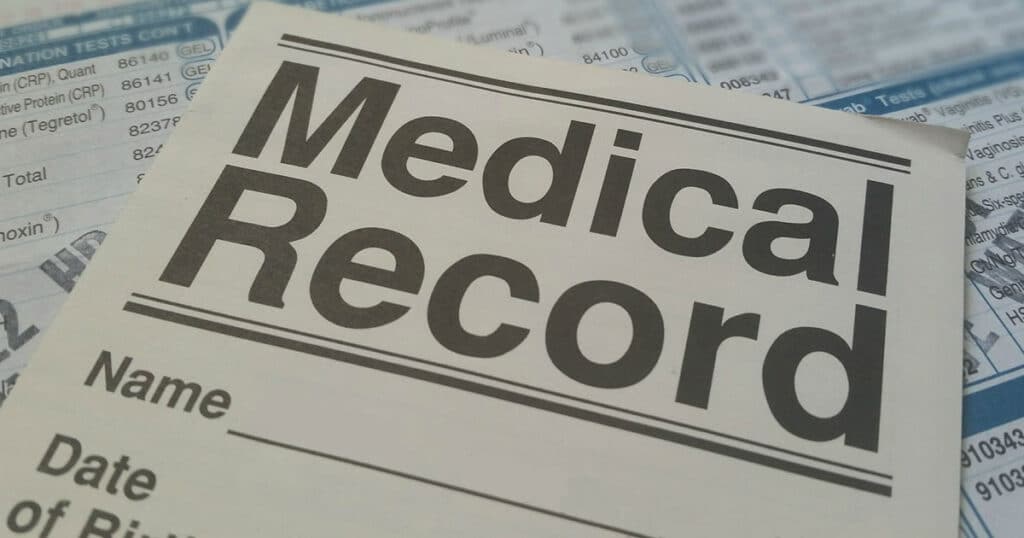Can Joint and Muscle Injuries Qualify for SSDI Benefits?
Home » Applying for SSDI » Medical Conditions, Listed Impairments & SSDI » Can Joint and Muscle Injuries Qualify for SSDI Benefits?
Qualifying & Applying for SSDI – Joint and muscle injuries can occur to anyone at any age, however such injuries are more common as you get older due to natural wear and tear.
Four primary types of joint injuries exist, including strains, sprains, fractures and dislocations. These can occur due to osteoarthritis or degenerative joint disease, overuse and trauma.
Muscle injuries are typically skeletal muscle injuries that are either acute (from a particular traumatic event) or chronic (caused by overuse of the muscles). You could have a muscle strain, a muscle contusion, a muscle cramp or muscle soreness.
Joint and Muscle Injuries Symptoms and Treatments
Symptoms of a joint injury will be different for each unique type of injury, such as swelling, immobility, strain, muscle spasms, bruising, inflexibility, popping sounds, bone visibility, discoloration and limited range of motion. To treat such joint injuries, you may require any number of treatment options ranging from simple to severe, including rest, ice, compression, resetting the joint, elevation, medication, immobilization of the joint, physical therapy or surgery.
The symptoms of muscle injuries are often quite similar, however they can vary based on the severity of the injury, including tenderness, pain, spasms, cramps, swelling, discoloration, weakness, a popping sound, an apparent dent in muscle definition or immobility. To treat muscle injuries, it typically takes time, rest, immobilization of the area and medication. You may require physical therapy and even surgery in more severe cases.
Does Joint and Muscle Injuries Qualify Me for Disability Benefits?
Joint and muscle injuries are discussed in the Social Security Administration’s “Blue Book” listings in the Musculoskeletal System section, which is section 1.00. However, many of the symptoms of joint and muscle injuries also appear as symptoms or complications of other conditions that are also listed. Section 1.02 address “major dysfunction of a joint,” and section 1.03 discusses reconstructive surgery or arthrodesis of a major weight-bearing joint. The spinal joints are discussed in section 1.04, and soft tissue injuries are discussed in section 1.08. Additionally, some other very serious conditions, such as amputations, are discussed in the Musculoskeletal listings.
Joint and muscle injuries are often associated with other listings, such as rheumatoid arthritis, osteoarthritis, hip surgery, lupus, muscular dystrophy or other illnesses and diseases that directly impact the joints and muscles.
It is possible that severe cases of joint and muscle injuries will qualify you for SSDI benefits, including in situations in which these injuries combined with other conditions are preventing you from being able to work.
Because, at the end of the day, what the SSA generally cares about most is whether or not your joint and muscle injuries meet certain requirements, including:
- That it rises to the level of a “severe impairment”, meaning it impacts your ability to do work;
- That it, combined with any other impairments you may have, prevent you from sustaining work;
- That it has affected you, or is expected to affect you, for at least one year (or to result in death).
If that is the case, then you may very well qualify for monthly disability benefits.
To increase the likelihood of approval, working with a specialized SSDI advocate to help you complete your application may be a good idea.
Next Steps
If you or a loved one have chronic joint or muscle injuries and are considering a claim for disability benefits, we recommend you read our articles about the process of applying for SSDI and the way the Social Security Administration uses their Sequential Evaluation Process to determine disability.
This article is presented for general information purposes only. Nothing in this article should be taken as medical advice. Medical decisions (including whether to start, stop, or modify any treatment plan) are extremely important and should always be made with the advice and counsel of a qualified medical professional.

Linda Cosme formerly served as a Member of the Appeals Council (AC) for the Social Security Administration (SSA), and Program Expert for the Social Security Administration and Disability Quality Branch (DQB). Ms. Cosme also served as a Quality Assurance (QA) Reviewer, Initial Disability Examiner, Reconsideration Disability Examiner, and Continuing Disability Examiner (CDR) for the Disability Determination Services (DDS). She is admitted to practice law in Arizona, Georgia, and the United States Ninth Circuit Court of Appeals.
It is easy to get started.
It is easy to get started. No upfront costs – You only pay if we win!
Oops! We could not locate your form.









